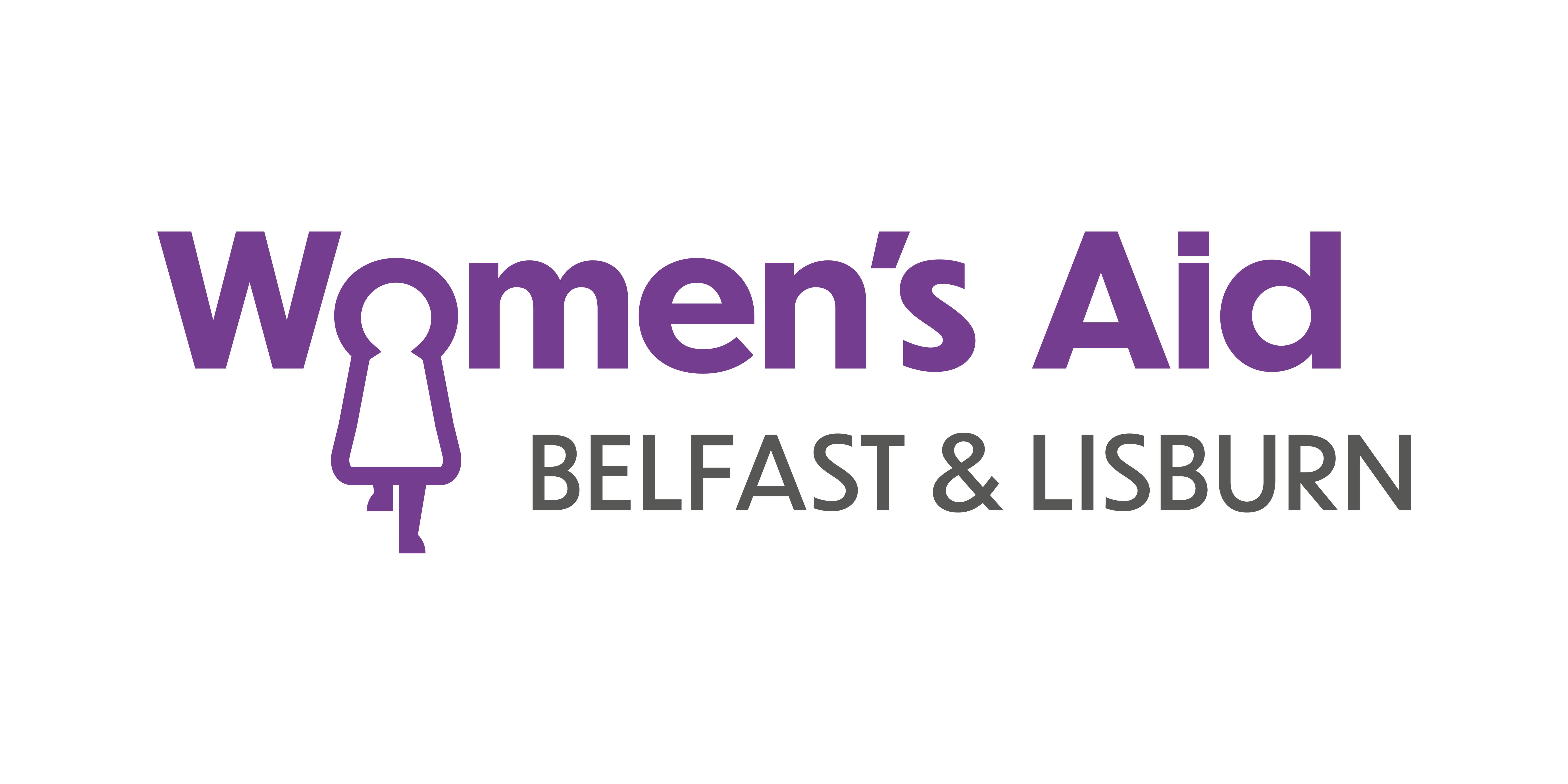We know that stalking is a serious form of abuse that perpetrators often use to control and intimidate women; from hacking emails and social media accounts to spreading false rumours and making harmful allegations, stalking and harassment takes many different forms.
From our experience, a particularly common tactic that abusers employ is for them to use the children they share with the victim as a way of harassing them. We also know that technology such as social media and mobile phones are being used more and more by stalkers to harass their victims.
Sarah’s story…
Sarah’s ex-partner constantly made false malicious allegations against Sarah to the PSNI and Social Services. Together they shared a seven year old son, but as they were separated the father was only permitted to see the son on certain pre-approved days and times. Sarah’s ex-partner would frequently be knocking on her door at all hours to come and see their son, despite it being outside of contact time.
One time, whilst their son was in the father’s care, he turned up at Sarah’s house at 11pm without the son, looking for the child’s passport. The situation escalated and Sarah ended up ringing her adult daughter and her partner for help. When they arrived, Sarah’s ex physically attacked her. This is just one example of how harassment and stalking behaviours often go hand-in-hand with other forms of abuse.
In addition to being physically violent towards Sarah, her ex-partner would also send vicious, threatening texts to her phone, and had been known to turn up on Sarah’s father’s doorstep demanding payment in order for him to leave Sarah alone. This was despite the fact Sarah had taken out a non-molestation order against the perpetrator which meant he was not permitted to visit her home.
When we started supporting Sarah and she told us about the harassment her partner had inflicted upon her, our support worker talked to her about taking precautions with technology such as mobile phones, as we were aware that abusers can use technology to stalk and harass their victims. We helped Sarah check her devices only to find that when her ex-partner had set her phone up for her, he had inputted an email address that was linked to his account, rather than hers, and so had complete access to all her emails and phone location at all times.
After a long legal battle and a stint where Social Services gave the father majority custody of their son, Sarah made brilliant progress and now has full custody of their son. The father is now only allowed to see their son under supervised conditions due to his behaviour towards his other children and towards Sarah, and Sarah has been able to move forward with her life.
*Name changed to maintain anonymity
The fact of the matter is, stalking and harassment is not what you might typically think. It can include following in the streets or sending large quantities of letters, however what we see more of is perpetrators relentlessly making allegations about victims to statutory services such as the PSNI, Social Services, or the Housing Executive in order to cause them harm. We also see many perpetrators using children as a weapon to harm the mother emotionally, which not only affects the mother, but also traumatises the children too.
Although stalking specifically is not yet a crime in Northern Ireland, harassment is. You don’t have to go through this alone – we can offer free and confidential support. Please reach out to us:
Phone: 028 9066 6049
Email: support@Belfastwomensaid.org.uk
Web Chat: www.belfastwomensaid.org.uk (Mon – Fri 9am to 5pm and til 8pm on Thursdays)
Show all posts

